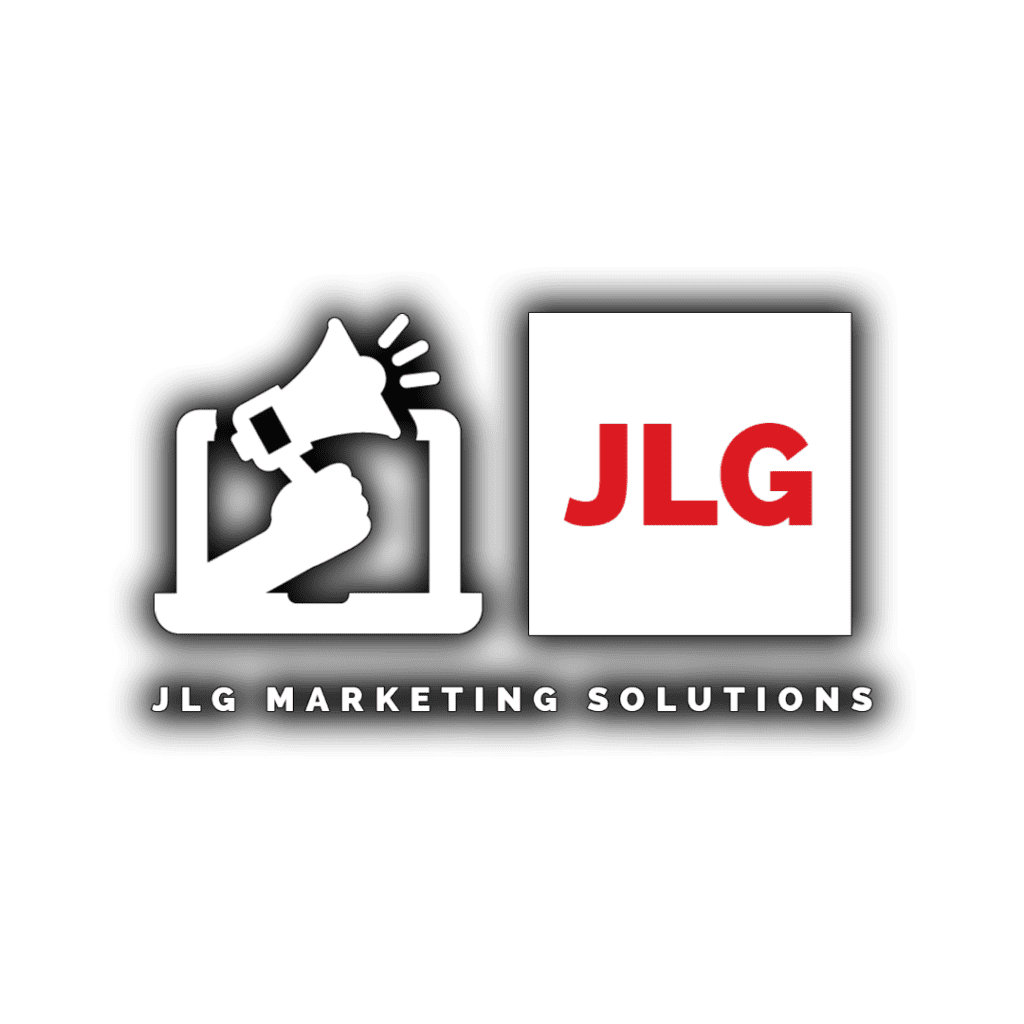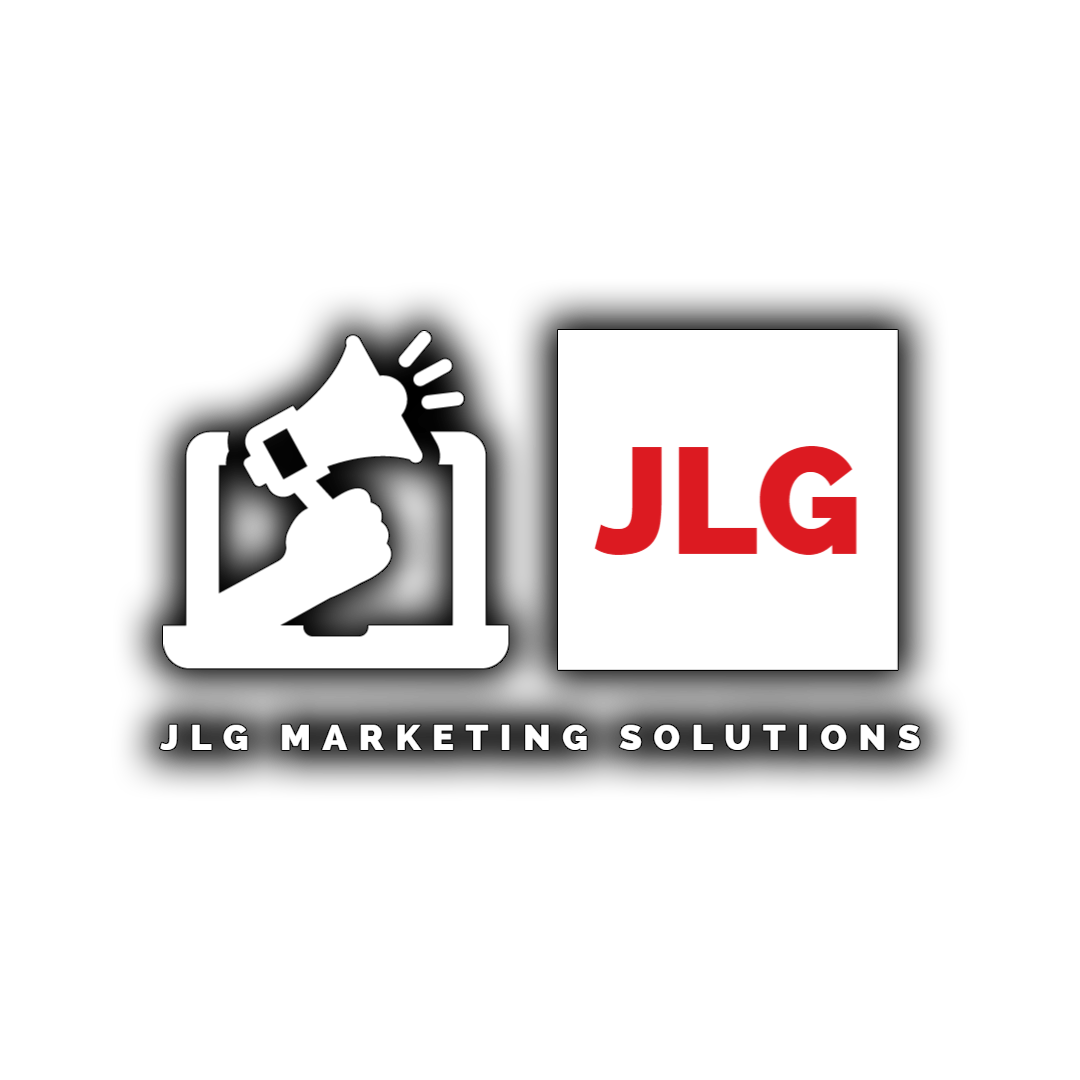Are you struggling to boost your online visibility and attract more qualified leads to your website? Effective SEO strategies could be the game-changer your business needs to thrive in the competitive digital landscape. When it comes to standing out in search engine results and reaching your target audience, mastering the art of SEO is key. In this comprehensive guide, we will explore five proven SEO strategies that can elevate your online presence and drive sustainable growth for your business. Let's dive in and unlock the power of strategic search engine optimization for your success.
Keyword Research: Foundation for Success
In the realm of SEO strategies, keyword research stands as the fundamental pillar that shapes the entire optimization process. Choosing the right keywords can significantly impact your online visibility and traffic. Here's how you can lay a sturdy foundation for your SEO efforts:
Importance of Keyword Research
Keyword research serves as the compass guiding your SEO journey. By understanding the search terms your target audience uses, you can tailor your content to match their intent effectively.
How to Find Relevant Keywords for Your Business
-
Start with brainstorming: Think about words or phrases that your potential customers might use to find your products or services.
-
Use keyword research tools like SEMrush, Ahrefs, or Google Keyword Planner to explore relevant keywords and their search volumes.
-
Analyze your competitors' keywords to identify gaps and opportunities in your target market.
-
Consider long-tail keywords that are more specific and have lower competition, but higher chances of conversion.
-
Continuously monitor and refine your keyword strategy based on performance metrics and industry trends.
By investing time and effort in thorough keyword research, you set the stage for a successful SEO campaign that boosts your online visibility and drives organic traffic to your website.
For more insights on effective keyword research, check out this comprehensive guide by Moz: The Beginner's Guide to SEO.
On-Page Optimization Techniques
When we delve into the world of SEO strategies, on-page optimization emerges as a crucial aspect that can make or break your online visibility. By fine-tuning various on-page elements, you can enhance the relevance and authority of your website in the eyes of search engines. Here's a breakdown of key on-page optimization techniques:
Title Tags, Meta Descriptions, and Heading Tags
-
Title Tags: Craft compelling and keyword-rich title tags that accurately describe the content of each page.
-
Meta Descriptions: Write engaging meta descriptions that encourage users to click through to your website from search engine results pages.
-
Heading Tags: Structure your content with H1, H2, and H3 tags to organize information hierarchically and improve readability.
Optimizing Content with Keywords and Internal Linking
-
Identify primary and secondary keywords for each page and strategically incorporate them into your content, headings, and meta tags.
-
Create high-quality, relevant content that addresses user search intent and provides value.
-
Utilize internal linking to connect related pages on your website and distribute link equity effectively.
-
Optimize images with descriptive alt tags and filenames to improve accessibility and keyword relevance.
By implementing these on-page optimization best practices, you can enhance your website's search engine visibility and attract more organic traffic. Remember, a well-optimized website is more likely to rank higher in search results and capture the attention of potential customers.
Local SEO Tactics for Small Businesses
Small businesses can greatly benefit from implementing targeted local SEO strategies to enhance their online visibility within specific geographic areas. Local SEO tactics focus on optimizing your digital presence to attract local customers actively seeking your products or services. Let's explore effective strategies to boost your local search rankings:
Importance of Local SEO for Small Businesses
-
Local SEO helps small businesses compete with larger enterprises in the digital landscape by targeting consumers in their vicinity.
-
By optimizing for local search, you increase the chances of appearing in "near me" searches and local map listings, driving foot traffic and online conversions.
Creating and Optimizing Google My Business Profile
-
Claim and verify your Google My Business listing to establish a strong online presence on Google Maps and Search.
-
Ensure that your business information, such as name, address, phone number, and hours of operation, is accurate and consistent across all online platforms.
-
Encourage customers to leave positive reviews on your Google My Business profile to build trust and credibility.
-
Use high-quality images and relevant keywords in your business description to enhance visibility in local search results.
By focusing on local SEO tactics like optimizing your Google My Business profile and leveraging location-based keywords, small businesses can effectively target local audiences and improve their online visibility within specific regions. Consistent NAP (Name, Address, Phone Number) data across online directories plays a crucial role in establishing trust with both search engines and potential customers.
Content Marketing Integration for SEO Success
Integrating content marketing with your SEO strategies is essential for boosting online visibility and engaging target audiences effectively. Quality content not only attracts search engine attention but also captivates and informs your website visitors. Let's dive into how you can seamlessly blend content marketing into your SEO strategy:
Creating Valuable and Engaging Content for SEO
-
Develop content that aligns with your target audience's interests, pain points, and search intent to drive organic traffic.
-
Craft engaging blog posts, articles, videos, and infographics that educate, entertain, or inspire your readers.
-
Focus on creating evergreen content that remains relevant over time and continues to attract organic traffic.
Leveraging Content Marketing to Enhance Online Visibility
-
Conduct keyword research to identify relevant topics and incorporate target keywords naturally into your content.
-
Implement a content calendar to plan and schedule regular updates, ensuring a consistent flow of fresh content on your website.
-
Promote your content through social media, email newsletters, and influencer collaborations to expand your reach and drive traffic.
-
Monitor content performance using tools like Google Analytics to track key metrics such as organic traffic, engagement, and conversions.
By integrating content marketing techniques with your SEO strategy, you can create a powerful synergy that improves your website's search engine rankings, increases brand awareness, and drives valuable organic traffic. Remember, valuable and well-optimized content is the cornerstone of successful SEO strategies in today's digital landscape.
Measuring the Effectiveness of Your SEO Strategies
As you implement various SEO tactics to improve your online visibility, it's crucial to measure their impact and make data-driven decisions to optimize your efforts further. Monitoring key performance indicators (KPIs) and metrics provides valuable insights into the success of your SEO strategies. Here's how you can effectively measure and evaluate the performance of your SEO initiatives:
Tracking Key Performance Indicators (KPIs) for SEO
-
Organic Traffic: Monitor the volume of organic traffic coming to your website from search engines.
-
Keyword Rankings: Keep track of the positions of your target keywords in search engine results pages (SERPs).
-
Click-Through Rates (CTRs): Analyze the percentage of users clicking on your website's link in search results.
-
Conversion Rates: Measure the rate at which visitors take desired actions on your site, such as making a purchase or filling out a form.
-
Bounce Rates: Evaluate the percentage of visitors who leave your site after viewing only one page.
Tools for SEO Performance Analysis
-
Google Analytics: Utilize this free tool to track website traffic, user behavior, and conversions.
-
Google Search Console: Monitor your website's performance in Google search results, discover indexing issues, and optimize content visibility.
-
SEMrush: Conduct in-depth SEO audits, track keyword positions, and analyze backlink profiles for comprehensive performance insights.
-
Moz Pro: Access a suite of SEO tools for keyword research, link building, and on-page optimization to enhance search visibility.
By regularly monitoring and analyzing these SEO performance metrics using reliable tools, you can gain a deeper understanding of how your SEO strategies are performing and make informed decisions to continually optimize and improve your online visibility. Remember, data-driven insights are key to refining and enhancing your SEO efforts for sustained success in the competitive digital landscape.
FAQ
How long does it take to see results from SEO strategies?
The timeline for seeing results from SEO strategies can vary based on factors such as the competitiveness of your industry, the quality of your optimization efforts, and the consistency of implementation. While some improvements may be noticeable in a few weeks, significant changes in search rankings and organic traffic often require several months of continuous optimization.
Do I need to hire an SEO agency to implement effective strategies?
While hiring an SEO agency can provide expertise and resources to accelerate your SEO efforts, many businesses successfully execute SEO strategies in-house. With the right knowledge, tools, and commitment to staying updated on SEO best practices, you can effectively implement and manage your own SEO strategies.
Are backlinks still important for SEO success?
Yes, backlinks continue to play a significant role in SEO success. Quality backlinks from reputable websites signal to search engines that your content is valuable and authoritative, which can positively impact your search rankings. However, focus on earning natural backlinks rather than engaging in manipulative link-building practices.
How often should I update my SEO strategies?
SEO is an ongoing process that requires regular monitoring, adjustments, and updates to remain effective. It's recommended to review and refine your SEO strategies regularly, especially in response to algorithm updates, changes in search trends, or shifts in your business goals and target audience.
Can social media impact my SEO strategies?
While social media signals themselves may not directly influence search engine rankings, a strong social media presence can indirectly benefit your SEO efforts. Social media platforms can drive traffic to your website, increase brand visibility, and facilitate content sharing, all of which can contribute to a holistic digital marketing strategy that complements your SEO initiatives.





